
Campaign posters are seen in the Iraqi capital Baghdad on September 14, 2021. Photo: Ahmad al-Rubaye/AFP
ERBIL, Kurdistan Region - Over a hundred Iraqi and Kurdish political parties and blocs are running in the October 10 parliamentary election. The vote was called to meet the demand of mainly young protesters who took their widespread desire to shake up the ruling system to the streets with mass protests in 2019, dubbed the Tishreen (October) movement.
Here’s a look at who’s who among the main players and check out our special election website for more details.
State of Law Coalition
The State of Law Coalition is a Shiite alliance that was formed in 2009. It includes eight parties. Among them is the Islamic Dawa party that led Iraq after the US invasion in 2003. The Dawa party is the oldest Shiite party in the country. Its secretary-general is Nouri al-Maliki, who also leads the State of Law Coalition.
Maliki was the first full-term prime minister in Iraq and has built very strong ties with Iran over the years. During his premiership, the Islamic State group (ISIS) emerged in the country and the relationship between Baghdad and Erbil deteriorated. In 2014, accused of sectarianism and authoritarianism and after losing the support of his party, the parliament and international allies, Maliki stepped aside to allow Haider al-Abadi to form the next government. He was then elected as one of three vice presidents.
In August, Maliki told Rudaw that he is not looking to be the prime minister again, but he is looking for “real reform of the administrative system and political system in the country.”
National State Forces Alliance
The Victory Alliance, led by former Prime Minister Haider al-Abadi, united with the National Wisdom Movement, headed by Shiite cleric Ammar al-Hakim, to form a new alliance. Their National State Forces Alliance was introduced to the public earlier this year and will be contesting the vote under the slogan ‘We want a country.’
Abadi is the leader of the new alliance. He succeeded Maliki and served as prime minister from 2014 to 2018. He oversaw the territorial defeat of ISIS, but his time in office was marred by rampant corruption, unemployment, and divisions between Shiites, Sunnis, and Kurds. Originally from the Dawa party, he split and founded the Victory Alliance in 2017.
Hakim, who was previously the leader of the Islamic Supreme Council of Iraq, formed the National Wisdom Movement to participate in Iraq’s 2018 elections.
The union between the two well-known political figures has a number of goals that they aspire to achieve in the elections: “Supporting the path of the state, implementing the law, limiting weapons in the state, and developing security institutions and Popular Mobilization Forces (PMF),” Hakim tweeted on August 31.
Aqed al-Watani Alliance
Aqed al-Watani Alliance is a Sunni-Shiite union of several movements and parties, including Iraq’s oldest Sunni party, the Iraqi Islamic Party. It is headed by the leader of the Popular Mobilization Forces (PMF) and the founder of Ataa Movement, Falih al-Fayyadh. The alliance has 80 candidates across Iraq.
Sadrist bloc
The Sadrist bloc is led by prominent Shiite cleric Muqtada al-Sadr who wields heavy influence in government formation and agenda. He formed the Sairoon Coalition to gain political control in the 2018 election where it captured 54 parliamentary seats and became the largest bloc in the legislature. The Communist Party quit the coalition in 2019 after Sadr withdrew his support for anti-government protests. The alliance advocates for major reforms.
Fatih Alliance
The pro-Iran political coalition includes Shiite blocs and key components of the PMF. It is led by Hadi al-Amiri, who also heads the armed Badr Organization. The Badr Organization fought ISIS as part of the PMF and Amiri parlayed those military successes into political gains. The militia has deep political and military ties and is accused of human rights violations. Badr Organization was a part of the State of Law Coalition until 2017 when it announced its withdrawal.
Taqadum Alliance
Headed by current Parliament Speaker Mohammed al-Halbousi, the Sunni Taqadum alliance includes the Taqadum party, Iraqi Turkmen Front, and other groups and parties. Halbousi is looking to dominate Sunni areas of the country, mainly Anbar province and the city of Mosul. The alliance has a total of 150 candidates.
Azm Alliance
Taqadum’s political rival, the Azm Alliance is headed by businessman and Secretary-General of the Arab Project Party Khamis al-Khanjar. It includes former speaker of the parliament Salim al-Jabouri and several other parties. The alliance has 124 candidates across Iraq.
The Kurdistan Coalition
The Kurdistan Coalition is an electoral alliance formed by the Change Movement (Gorran) and the Patriotic Union of Kurdistan (PUK) in early May to contest Iraq’s parliamentary elections, headed by Deputy Prime Minister of the Kurdistan Region Qubad Talabani. It has 44 candidates across the country.
The PUK was established in the 1970s by Jalal Talabani, a Kurdish leader and the sixth president of Iraq. It is the dominant party in Sulaimani.
Gorran was founded in 2009 by a breakaway group of PUK members disgruntled with the parent party’s politics. They were led by the late Nawshirwan Mustafa and set out to be an opposition movement, but beat the PUK in the 2013 elections for the regional parliament.
The alliance had a rocky start when its original leader, Lahur Talabany, was ousted from the PUK presidency and forced to stand down as head of the Kurdistan Coalition.
Kurdistan Democratic Party (KDP)
Led by the Barzani family, the KDP is the ruling party of the Kurdistan Region. It was founded in 1946 as a national movement and is the largest and oldest Kurdish party. It has 25 seats in Iraq’s currently parliament and is contesting the October 10 election with 51 candidates, including in a handful of southern and western Iraqi provinces. It is the dominant party in Erbil and Duhok.



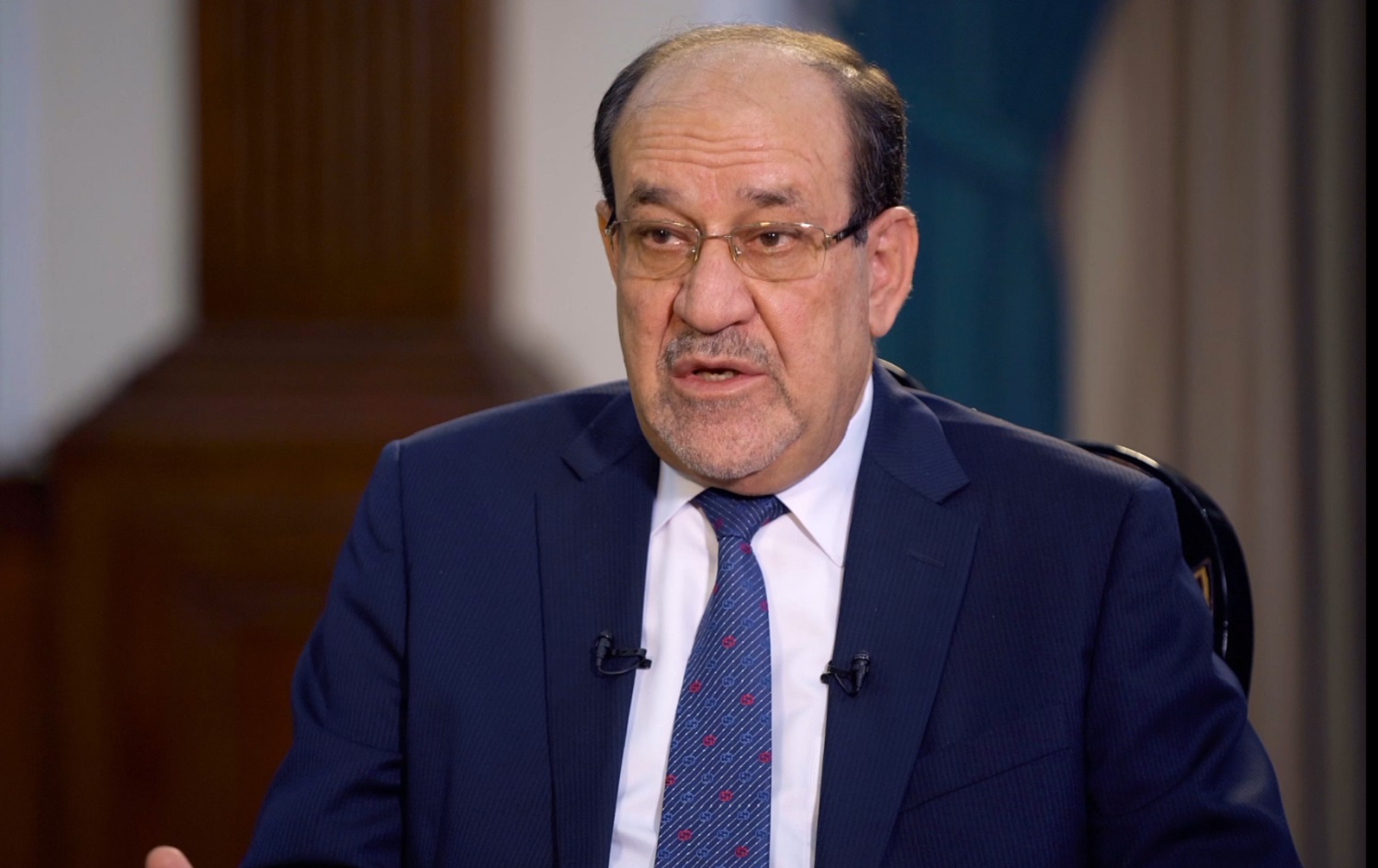
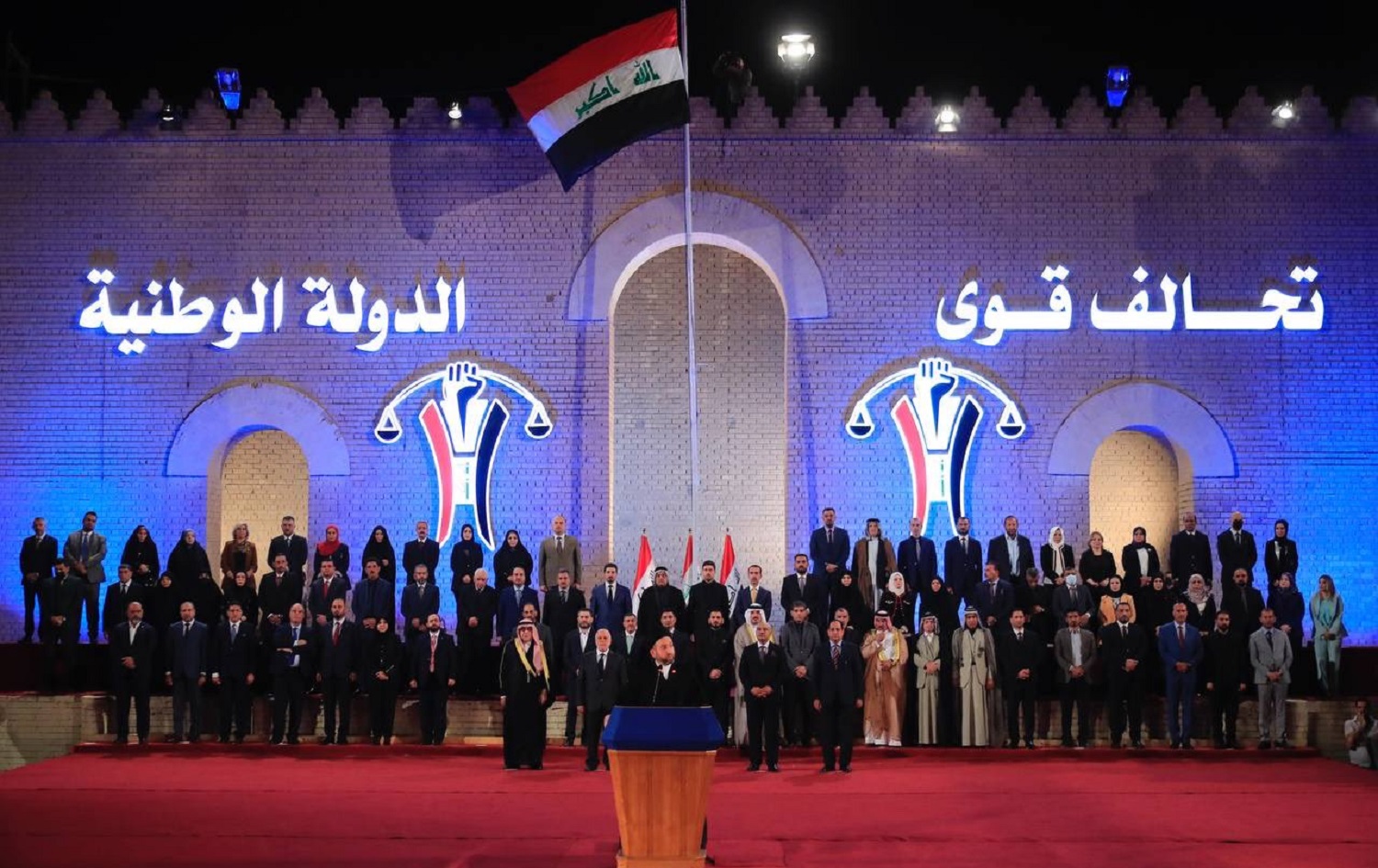
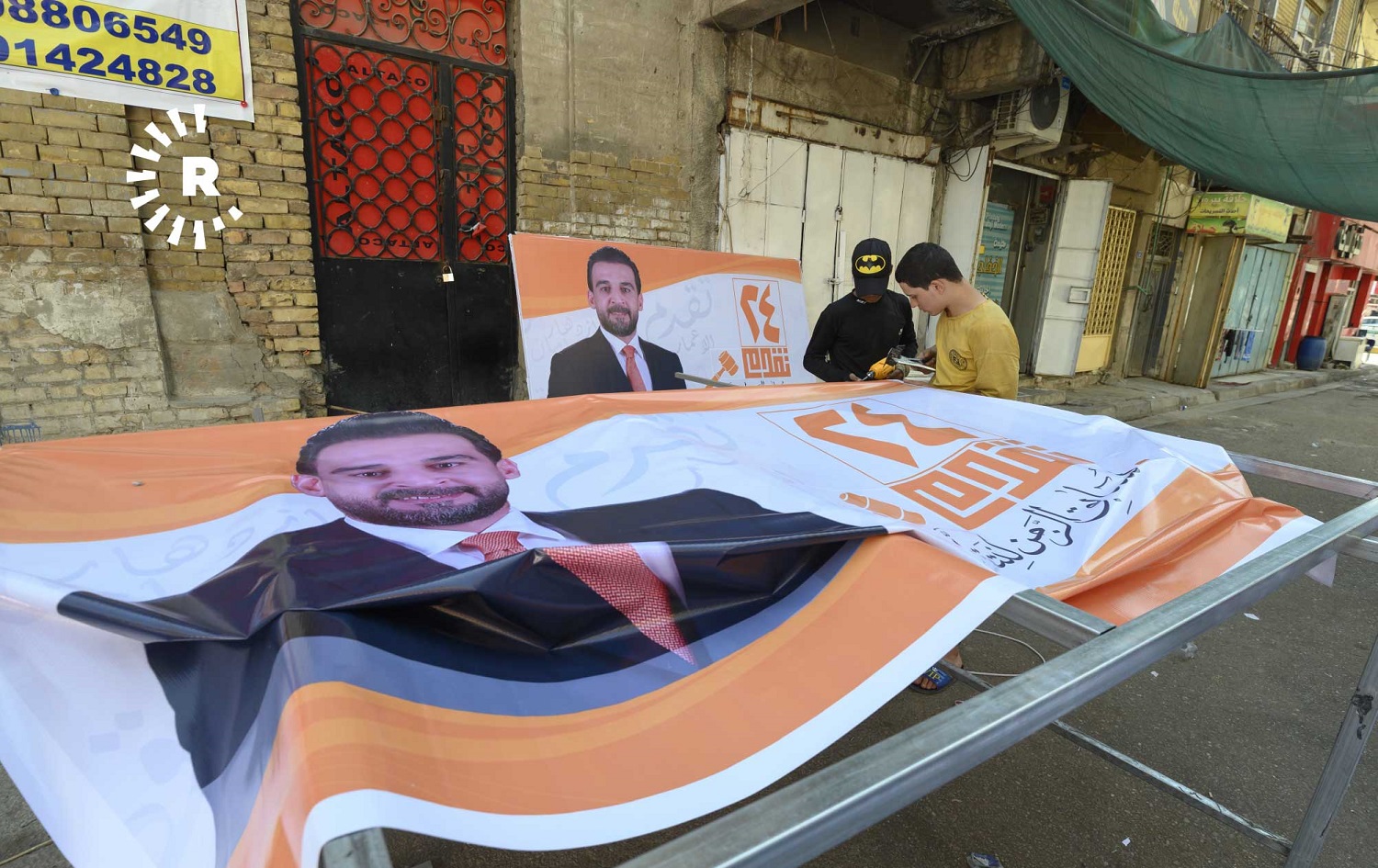
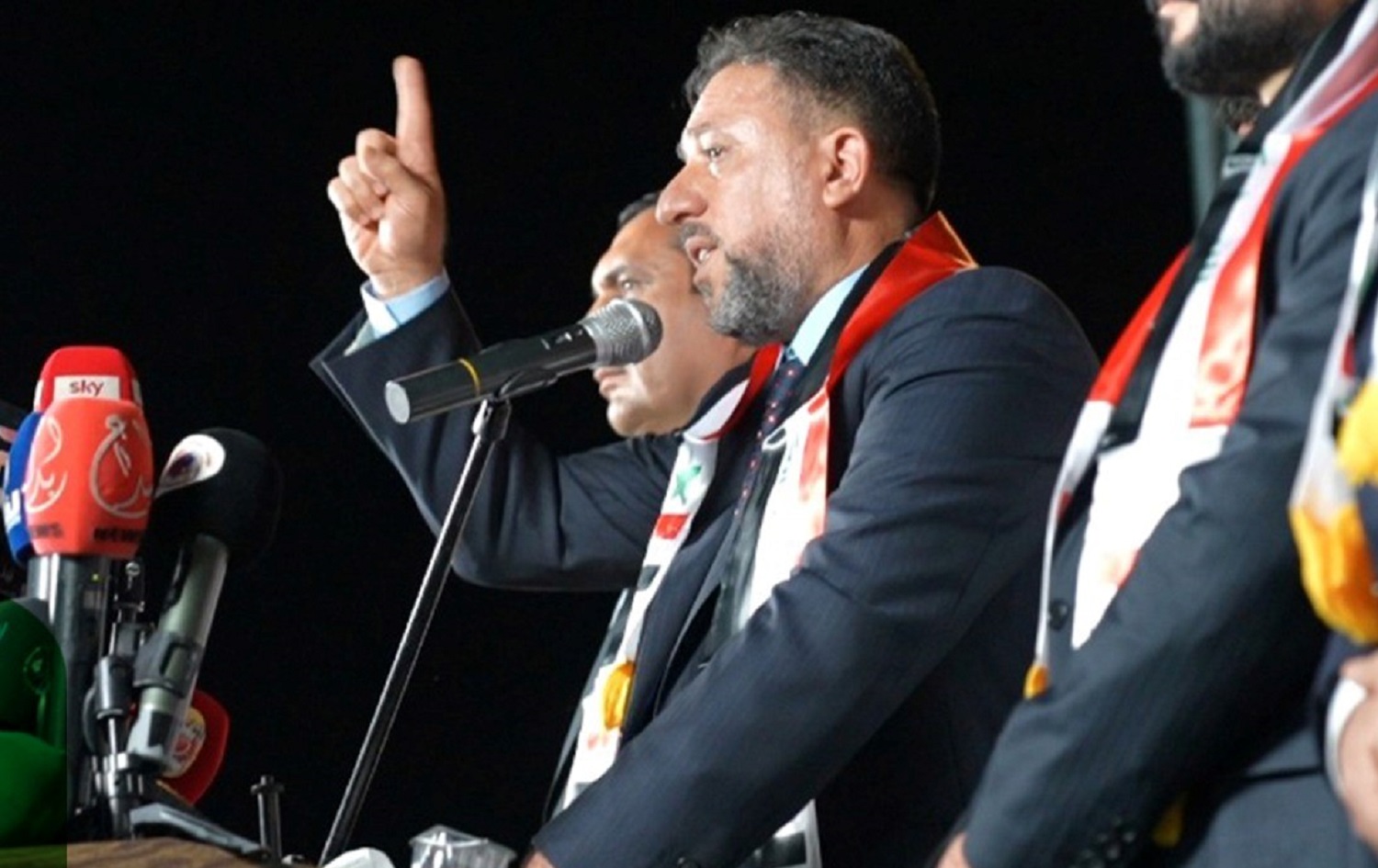
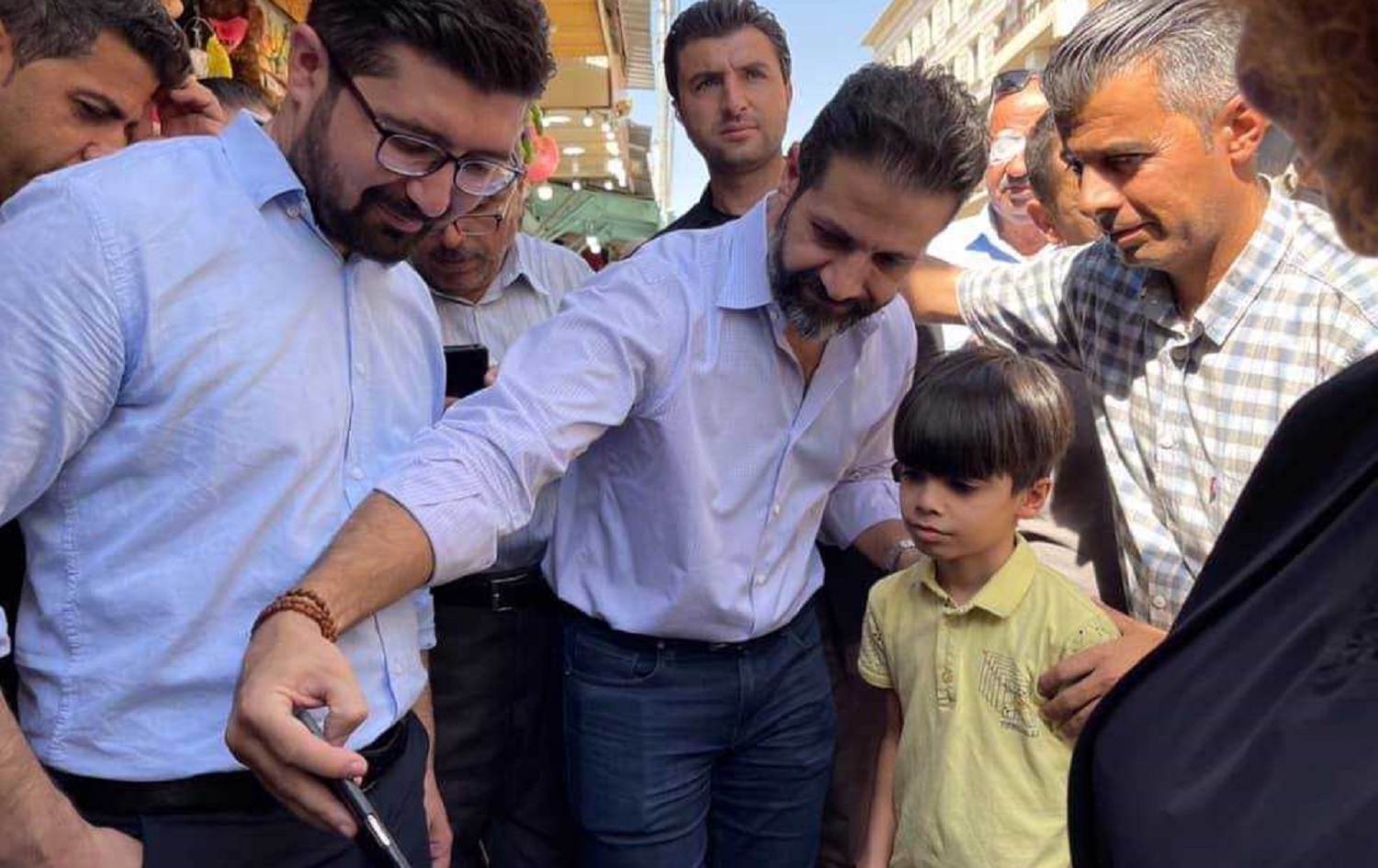
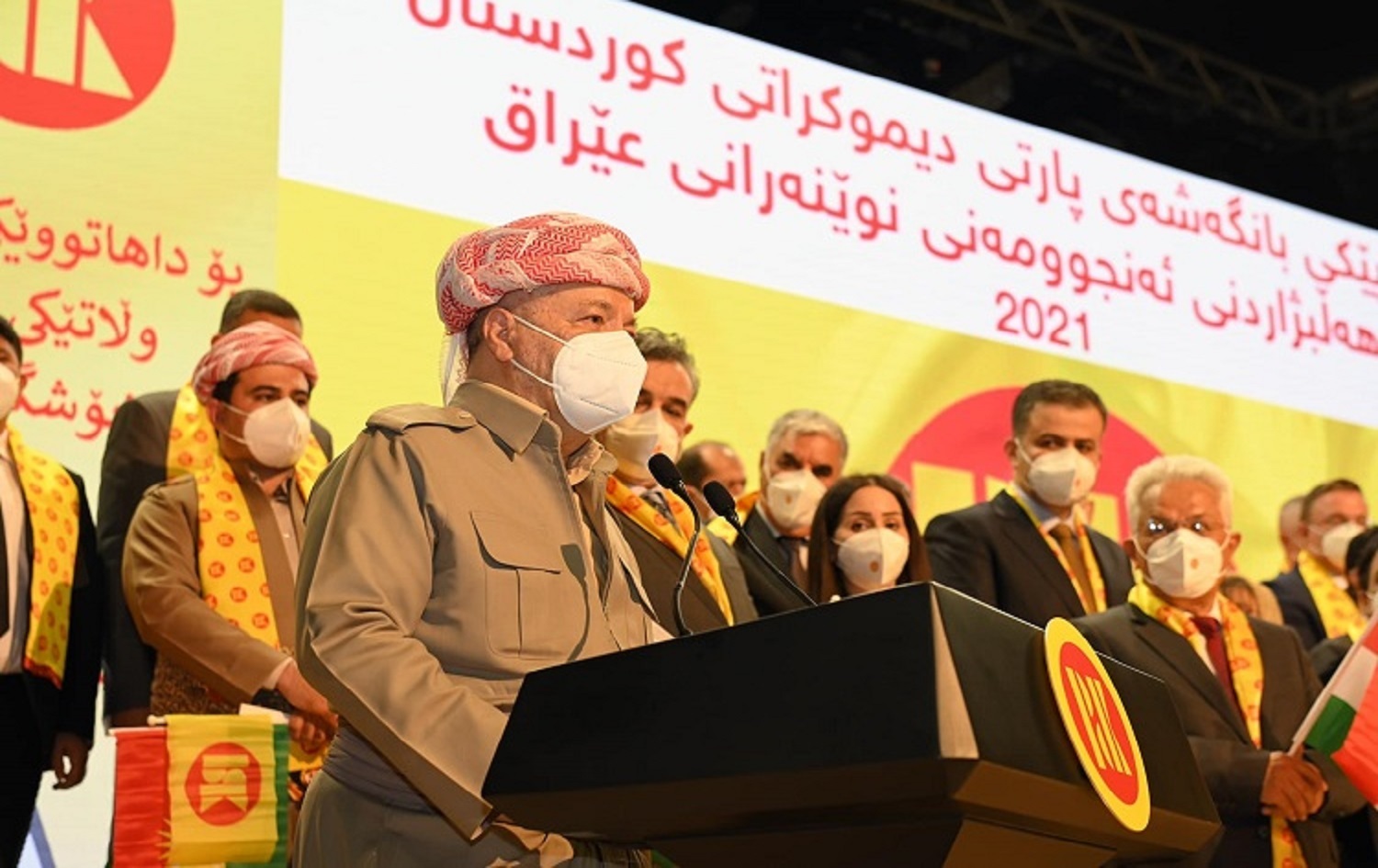





Comments
Rudaw moderates all comments submitted on our website. We welcome comments which are relevant to the article and encourage further discussion about the issues that matter to you. We also welcome constructive criticism about Rudaw.
To be approved for publication, however, your comments must meet our community guidelines.
We will not tolerate the following: profanity, threats, personal attacks, vulgarity, abuse (such as sexism, racism, homophobia or xenophobia), or commercial or personal promotion.
Comments that do not meet our guidelines will be rejected. Comments are not edited – they are either approved or rejected.
Post a comment